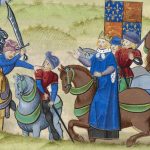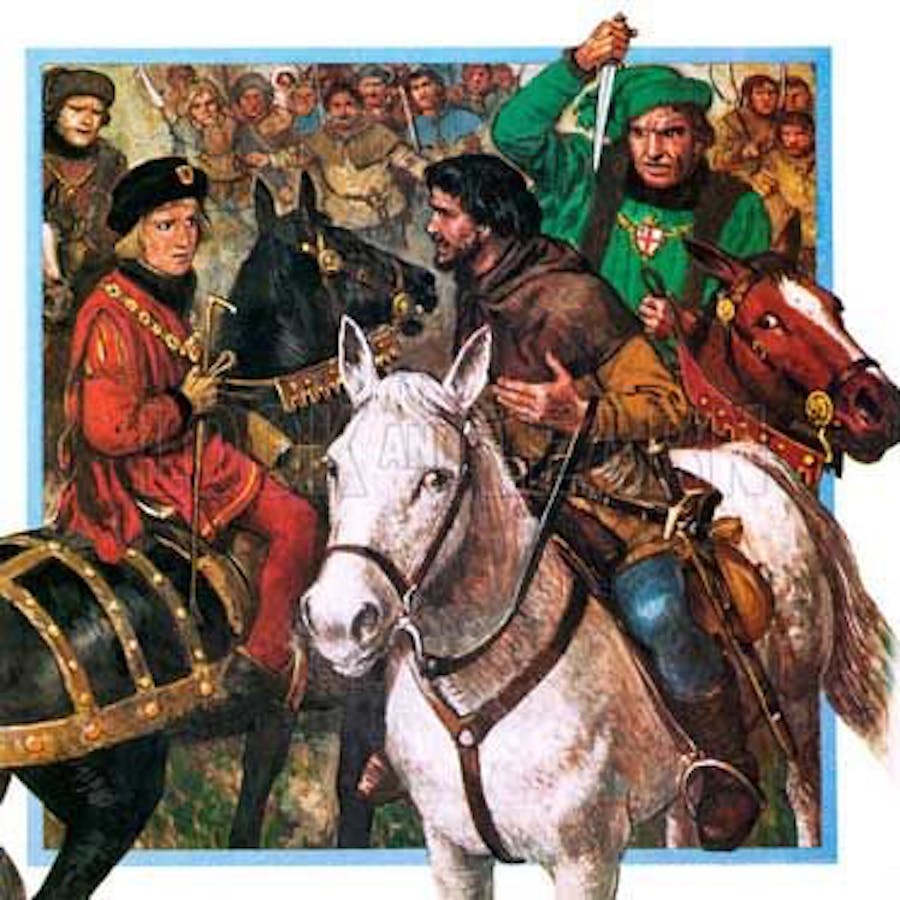
Wat Tyler was born in Kent in the 14th century and is believed to have been a laborer or a small-scale farmer. He became involved in the Peasants’ Revolt of 1381, which was sparked by the government’s attempt to enforce a poll tax that would burden the lower classes disproportionately. Tyler emerged as one of the leading figures of the rebellion and led a group of rebels from Kent to London to confront the king, Richard II.
Tyler’s leadership skills and charisma were evident during the revolt. He was able to mobilize thousands of peasants and lead them in a series of successful attacks on various targets, including government buildings, monasteries, and the residences of wealthy individuals. The rebels were motivated by a desire for social and economic justice, as well as a sense of anger and frustration at the government’s treatment of the lower classes.
When Tyler and his followers reached London, they encountered the king and his advisors, including the Archbishop of Canterbury and the Lord Chancellor. Tyler demanded that the king abolish serfdom and other feudal practices, and that he grant the peasants various rights and privileges. The negotiations were tense, and at one point Tyler drew his sword and threatened the Archbishop, but the situation was eventually defused.
Unfortunately, the peace did not last long. Later that day, a scuffle broke out between Tyler and some of the king’s guards, and Tyler was killed. The exact circumstances of his death are unclear, but it is believed that he was stabbed by one of the king’s men. The death of Tyler did not bring an end to the revolt, however, and the rebels continued to fight for several more days before they were finally defeated by the government’s forces.
Tyler’s legacy has been a subject of debate among historians. Some have portrayed him as a heroic figure who stood up for the rights of the lower classes, while others have criticized his methods and questioned his motives. Regardless of how one views Tyler, it is clear that he played a significant role in one of the most important events in English history. The Peasants’ Revolt of 1381 paved the way for the eventual rise of the middle class and the decline of feudalism, and it demonstrated that the lower classes were capable of organizing themselves and challenging the power of the ruling elites.
In conclusion, Wat Tyler was a key figure in the Peasants’ Revolt of 1381 and played a crucial role in the struggle for social and economic justice in England. While his methods may have been controversial, there is no denying the impact that he had on the country’s history.



















Add Comment